Personal trainer Jemma Thomas shares her top tips for returning to exercise after a break
Taking a holistic approach to health is something we highly encourage here at Happiful. We know how body and mind are connected and recognise the impact exercise can have on our mental health.
This doesn’t mean it’s easy though. Taking care of ourselves physically and moving our bodies regularly can be tough without support. Personal trainer Jemma Thomas set up Jemma’s Health Hub (a membership community where you have access to live workouts, downloadable resources and support) to help her manage her mental health after the birth of her first son, Jude.
“I struggled with my mental health and it was regular exercise that pulled me through. I wanted to help other women just like me who needed that extra bit of support and that’s how I came up with the idea of The Hub.”
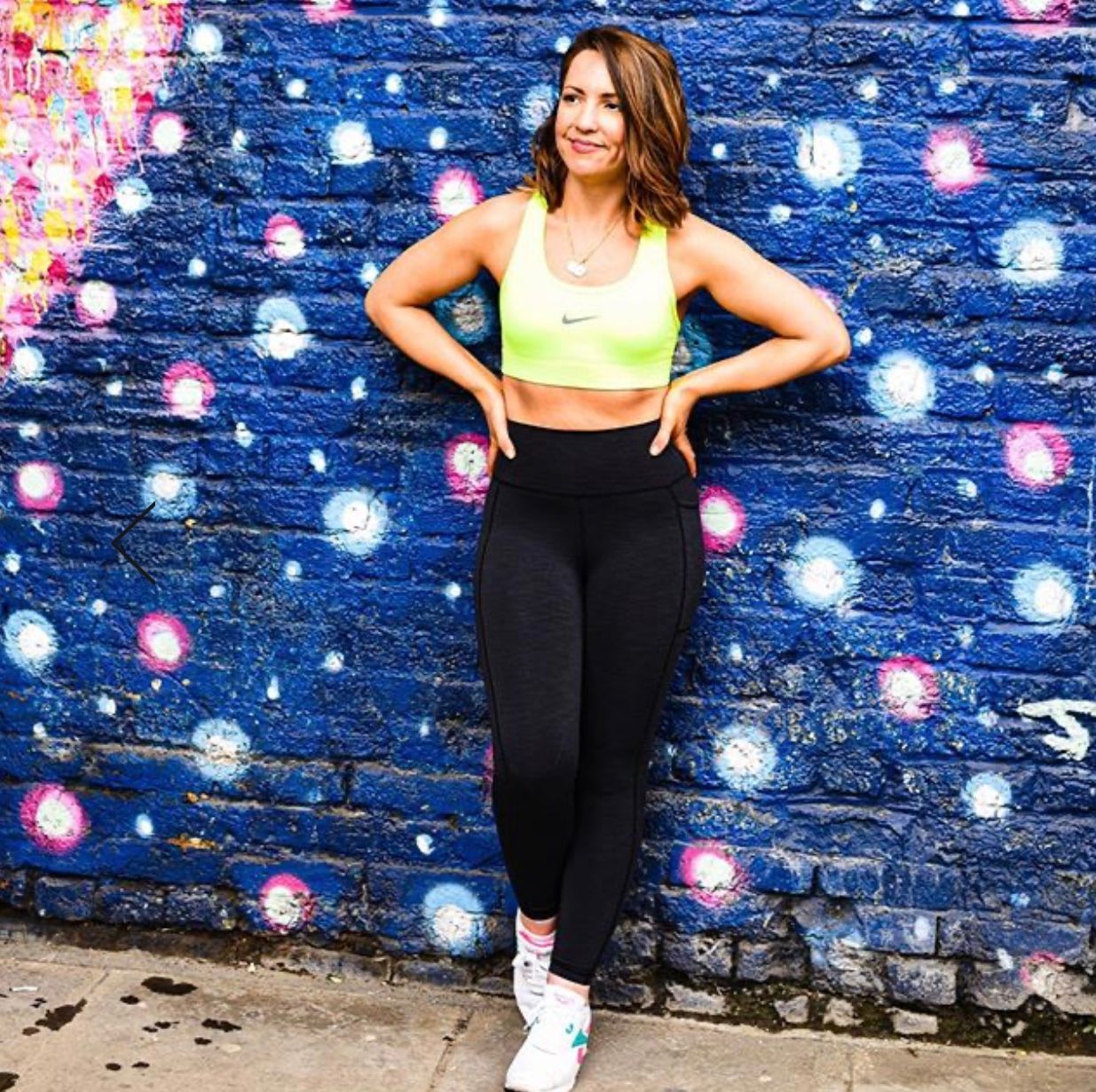
“I wanted to create a real community feel where women feel supported. After each work out, I encourage Hubbers to post their ‘sweaty selfies’ so that they can see one another’s faces and interact with each other so they don’t feel like they’re just working out alone in their living rooms; they’re part of something and together they’re motivating one another. It’s amazing the support they give, driving each other, particularly during these trickier times when we’ve all had to isolate ourselves so much more.”
The current pandemic is taking its toll on all of us. Recently Joe Wicks, The Body Coach and PE teacher to the nation during lockdown, opened up about his own mental health struggles in a video on Instagram.
In the video, Joe explains how at the six-month point of the pandemic, the reality of the situation was bringing him down. He also highlights how exercise can help us stay balanced and feel more positive.
This is a sentiment Jemma shares.
“One of the most important things about The Hub is the fact that we focus on improving mental health rather than losing weight or what we look like. It’s all about making you feel good, getting yourself into the right mindset at the start of the day and supporting one another.
“I really wanted to share the message that exercise doesn’t have to be about punishment and the idea of going hard or going home. It’s about having fun, of taking care of yourself and making you feel good.
“Since lockdown kicked in, the business has experienced a 50% rise in new and returning members, when compared with this time last year because so many women are looking for fun ways to work out from home, while still managing their busy family lives.”
More of us seem to be turning to exercise to help us practice self-care during the pandemic, but how can we get into it when we’ve taken a break? There are lots of reasons we may have had a break from fitness, perhaps we’ve been injured or recently had a child, maybe our motivation simply dipped or our mental health made things difficult.
“Getting back into fitness after a break can be tough,” Jemma explains. “Both physically, as your body isn’t used to the regular movement, and mentally – psyching yourself up for that first run is tough!”
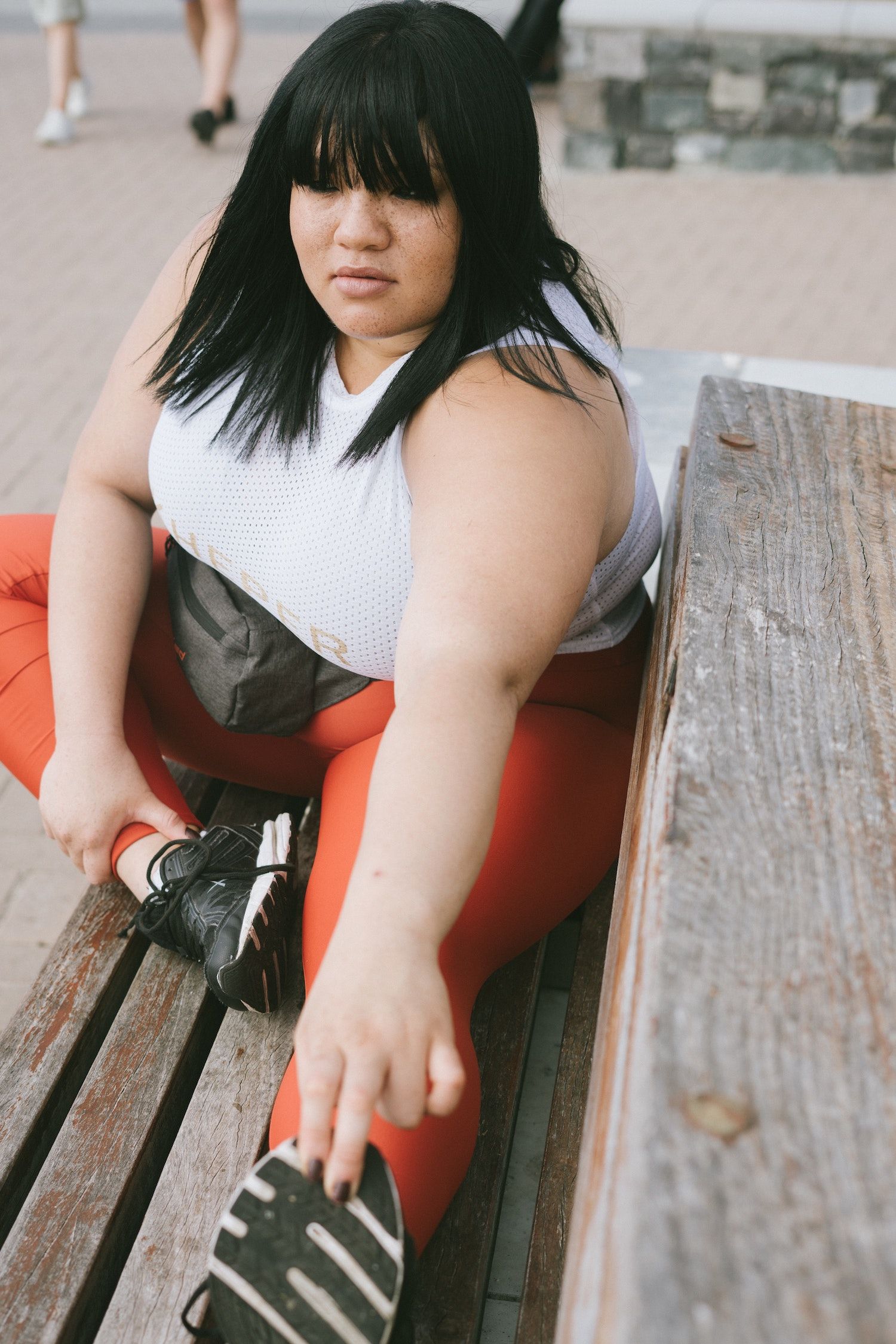
To help you take those first steps back, Jemma has shared her top 10 tips:
1. Get into the right mindset
If you’ve not exercised for a long time, it can be very intimidating and you just don’t know where to start. Time and time again I speak to people who want to get more active but feel anxious about it, and intimidated by social media posts that make them feel even worse. Don’t panic! Start off positive and don’t beat yourself up about anything. The fact that you’re getting going again is a win so embrace it and try to ignore negative thoughts.
2. Go at your own pace
Everybody is different so make sure you go at your own pace and don’t rush yourself. The last thing you want to do is pull a muscle your first week back so set small, achievable targets for the first few weeks as your body gets used to moving again.
If you exercised a lot in the past and you’re just getting back into it, don’t be disappointed that you can’t do your regular 5k in 25 minutes or so. It takes time to build up muscle and strength.
Just don’t feel let down by your body. You might actually be much fitter than you think, running after kids and lifting children over and over, so you might be nicely surprised! And, remember to take rest days – your body needs time to recover and replenish itself.
3. Listen to your body
I say this every day in The Hub to everyone doing my workouts. Listen to your body and if there’s any aches, pains or weird twinges check them out and don’t push yourself. Sometimes small tweaks can recover in a day but if you put more pressure on yourself you might make them worse.
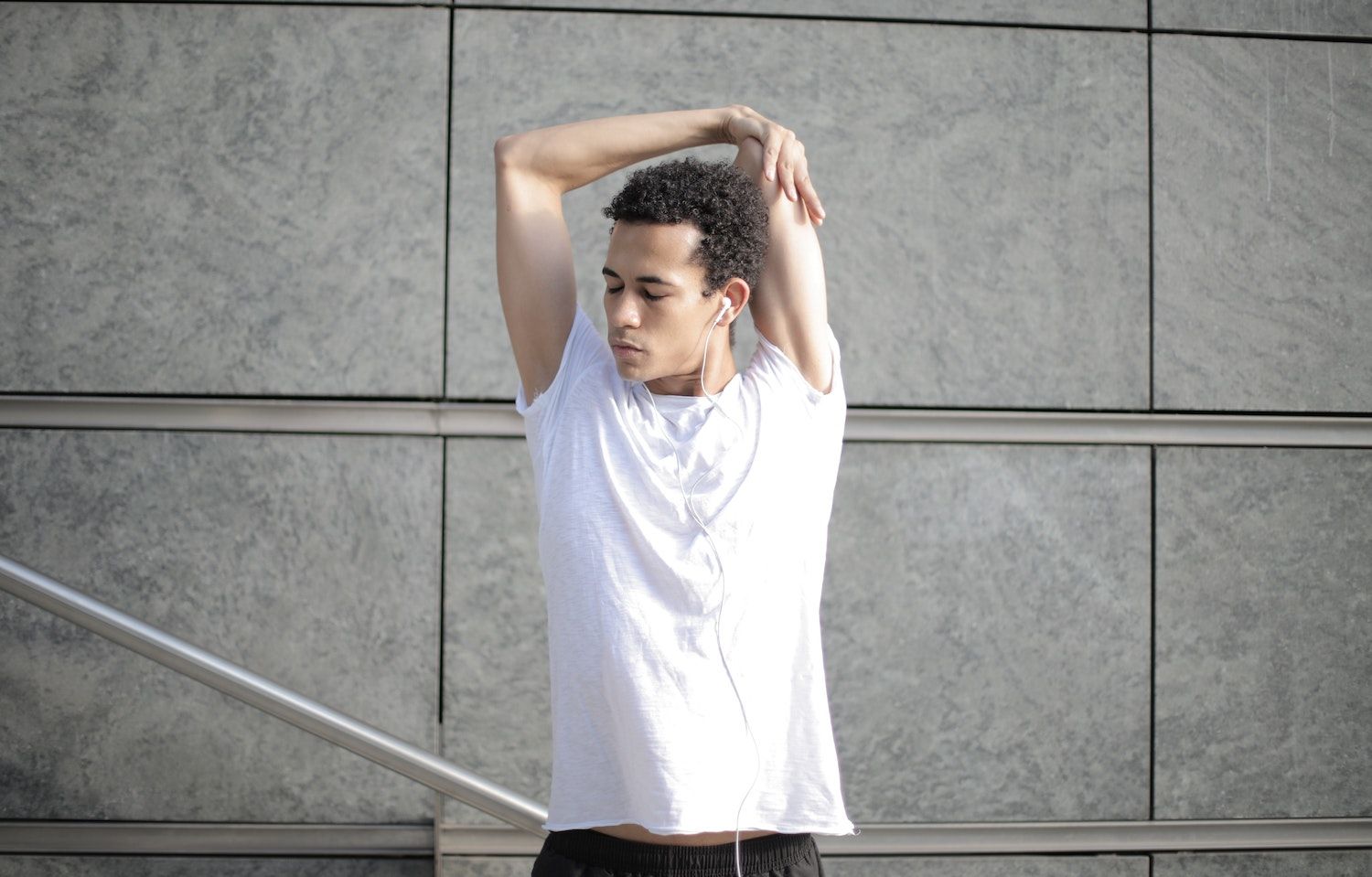
4. Avoid the scales!
I believe exercise is all about its ability to improve your mental health as a priority, and then your physical health. Once we hit our 30s and beyond, we fluctuate so much in weight and it can mean so many things – muscle tone, body fat, even your time of the month when you’re experiencing hormonal changes. While it can be a good marker for change, don’t rely on it too much or check too often.
5. Don’t compare yourself to others
Instagram can be brilliant in so many ways, but it can also be very deceptive as people post enhanced pictures of themselves looking very different to reality. So don’t compare yourself to people you see online – or perhaps friends who have been exercising for longer. The fact is, you’re getting going and that’s the important thing.
6. Buy the right kit
Make sure you invest in a good pair of trainers, some good headphones so you can listen to your favourite, motivational playlist and a decent sports bra. If you’re out running at night, make sure you have some fluorescent clothing so traffic can see you.
7. Stretch
Make sure you fully warm up and warm down. Stretch before and after exercise. This will make the next day so much better. Make sure this includes a good thigh and hamstring stretch when running, and ankle rotations.
8. Plan and set rewards
If you’re running, plan your route before you go and gradually build it up over time. If you’ve got one nearby, parks are a fantastic place to run as the grass can be softer on your knees joints and you might see lots of other runners out there that might spur you along!
If it helps, set a reward for after you’ve completed your exercise like half an hour to read your book, or a nice relax in the bath. This will feel even better knowing you’ve earned it!
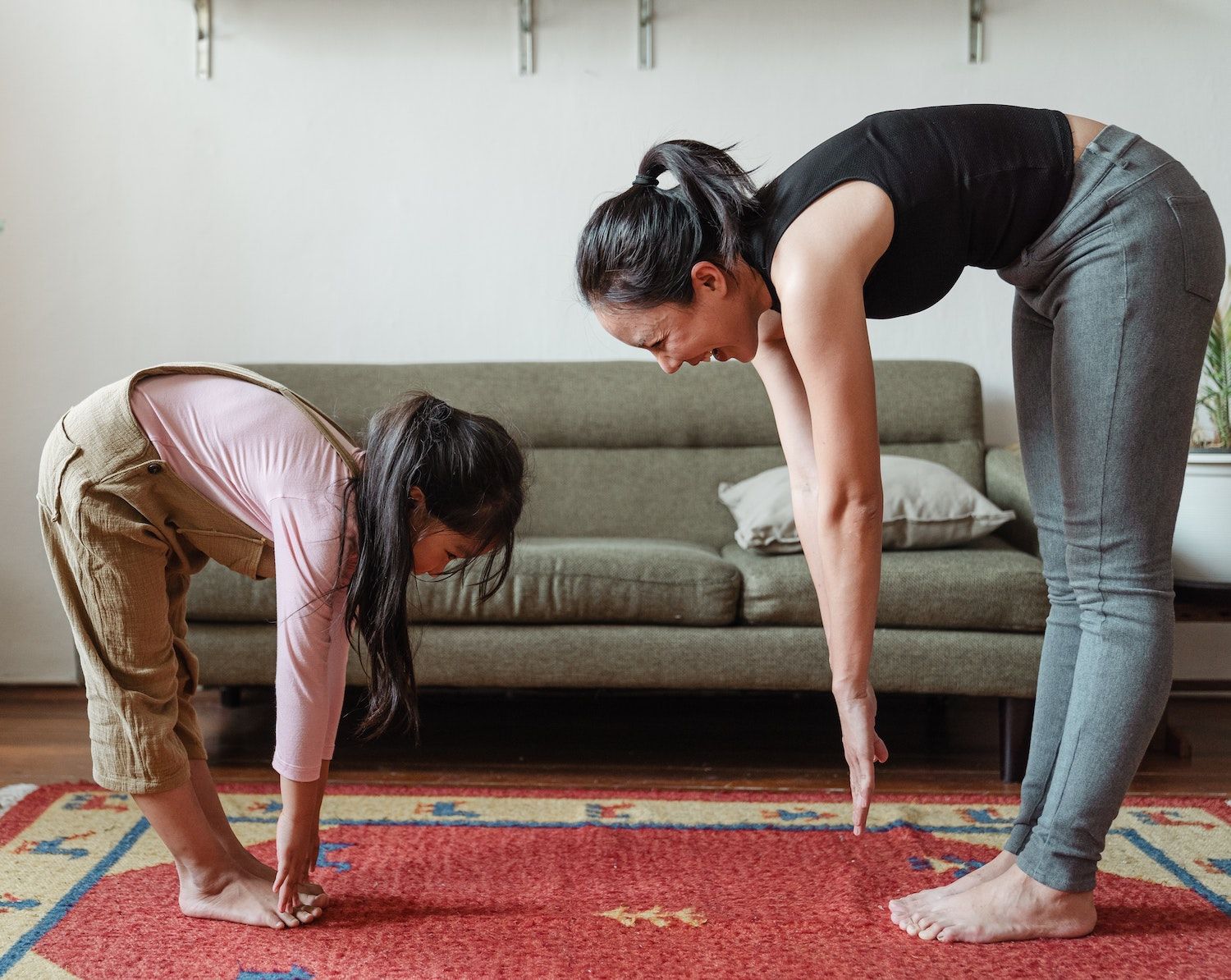
Try to incorporate activity into your daily life. For example, go on longer family walks, take the stairs instead of the escalator, or get off the bus a stop earlier. After a while you’ll gradually begin to feel fitter without realising it.
9. Get an exercise buddy
We are way more likely to be consistent with our exercise if we have an exercise buddy to keep us going. This could be your partner or a friend – and can be done face to face or virtually. Knowing that you’re not going through it alone and that you’ve set a specific time for your exercise can make you more accountable and, therefore, more likely to succeed. And, of course, it’s more fun if you make some time for a chat and coffee when you’re done.
10. Get online
If you’re embarrassed about working out in public, there are so many awesome workouts that you can do in the privacy of your own home. Because of Covid-19, a lot of classes that were IRL have gone virtual so do your research and choose one that suits you.
Learn more about Jemma’s Health Hub at jemmashealthhub.com and follow her over on Instagram, @jemmas_health_hub
If you’re struggling with your mental health and you’re looking for professional support, Counselling Directory lists thousands of therapists who are working remotely. Use our search tool to find support today.

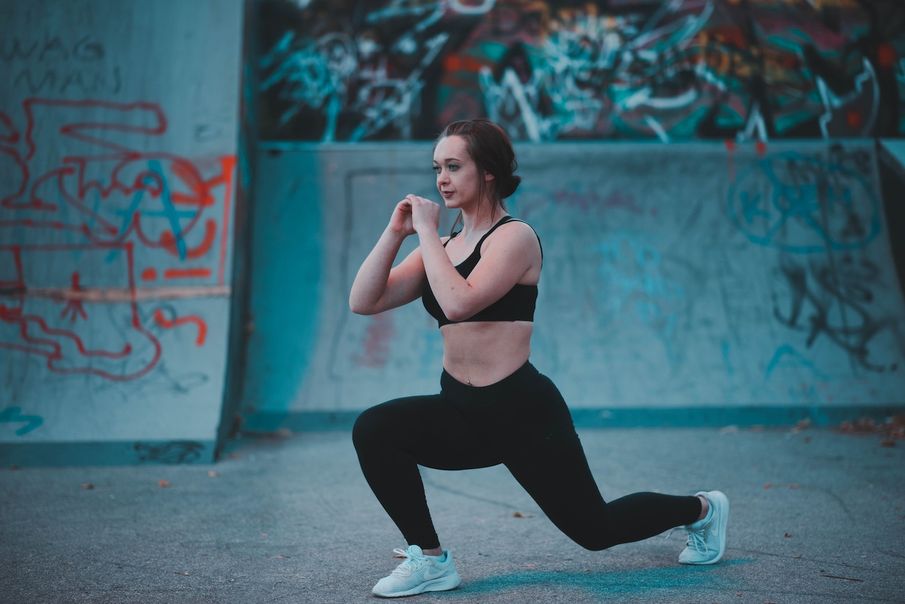
Comments